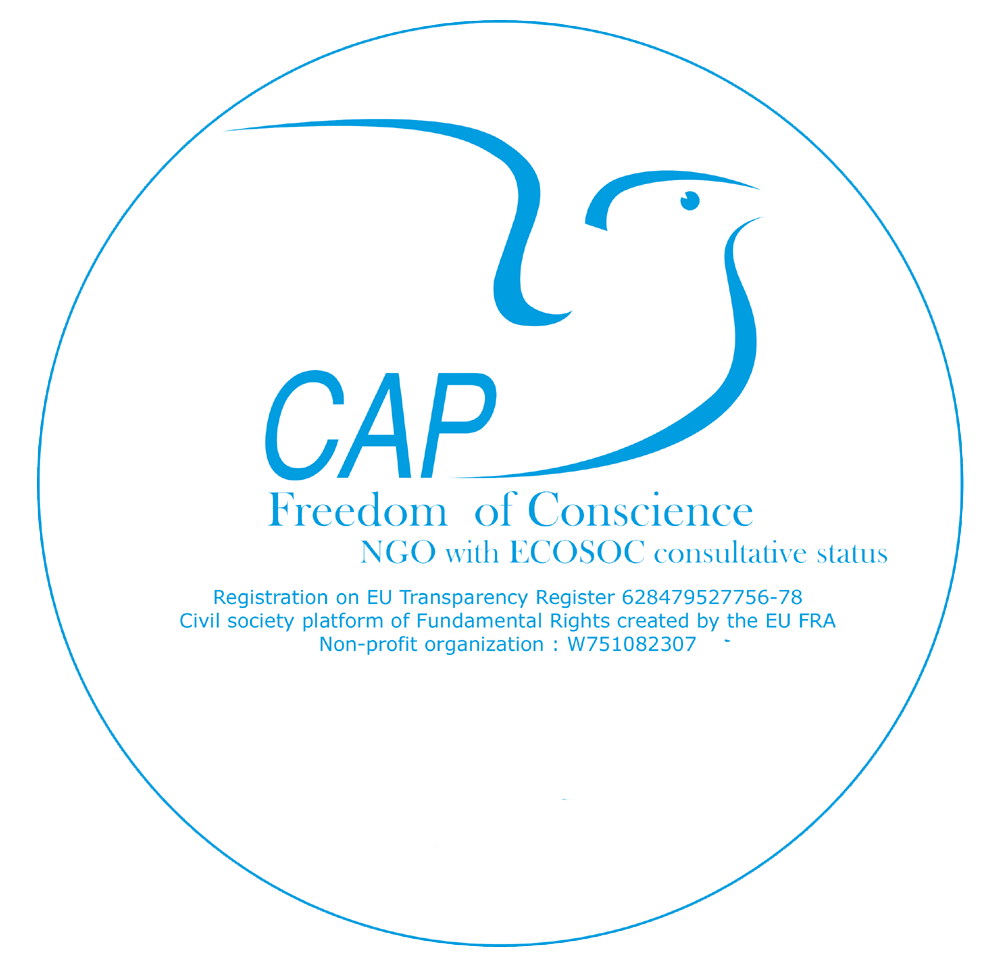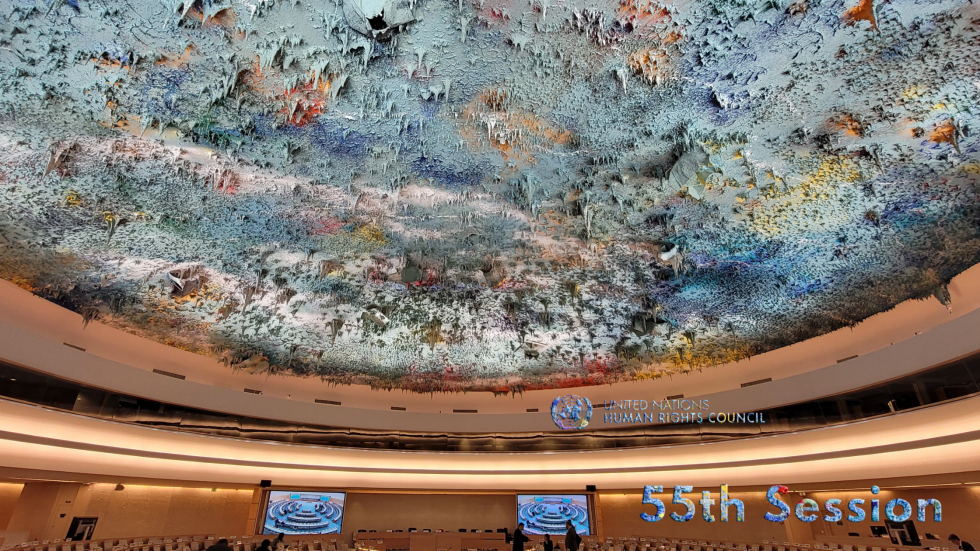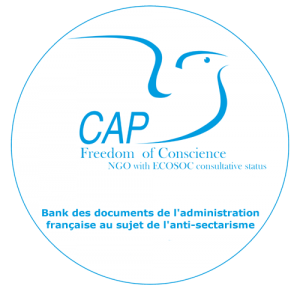The written statement submitted to the Human Rights Council by Coordination des Associations et des Particuliers pour la Liberté de Conscience highlights the issue of discrimination against religious and spiritual groups through the misuse of tax laws in several countries. It points out that tax exemptions, which should be universally available to such groups, are instead used as tools of discrimination, particularly against movements deemed unpopular or labeled as “cults.” The statement references specific instances in France and Japan where religious groups faced such discrimination.
A significant forum on this topic was held in Taipei, Taiwan, on January 9, 2024, bringing together international scholars and legal experts to discuss the issue. The forum introduced the concept of “Before States” and “After States” as proposed by Eileen Barker, indicating the preemptive versus reactive approaches of governments towards spiritual groups. The statement also mentions the Tai Ji Men case in Taiwan as a prime example of tax laws being weaponized against spiritual movements. Despite Tai Ji Men’s leaders being acquitted of all charges, including tax evasion, they faced unjust tax bills and the confiscation of land intended for a self-cultivation center due to a technicality in the 1992 tax bill.
The statement concludes by urging the new authorities in Taiwan to prioritize resolving the Tai Ji Men case and calls on all governments to stop using taxes as a means to discriminate against religious and spiritual minorities.






